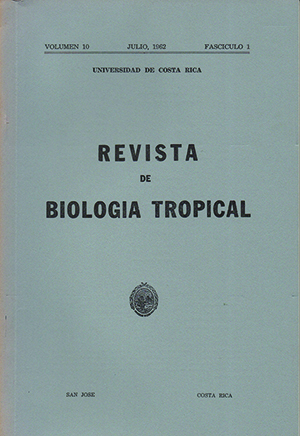Abstract
Forty-one Cases of typhoid fever were studied with regard to the immunoserologic response. In twenty cases, in which no specific treatment was given, an early production of agglutinins was observed; the mean values for typhus H and O antigens was high at the end of the fourth week of illness. In comparison, 21 cases treated with chloramphenicol showed low agglutinin values and negative reactions by the end of the week: some of these patients were immunized artificially with T.A.B. antigen, and a significant increase in agglutinin values was obtained. The implications of these results are discussed, with reference to the lack of immunization occurring in patients given antibiotic treatment and the difficulties in diagnosis resulting from early administration of antibiotics.Comments
Downloads
Download data is not yet available.






